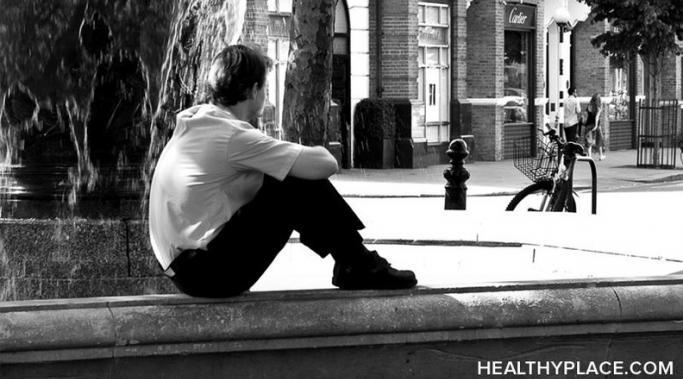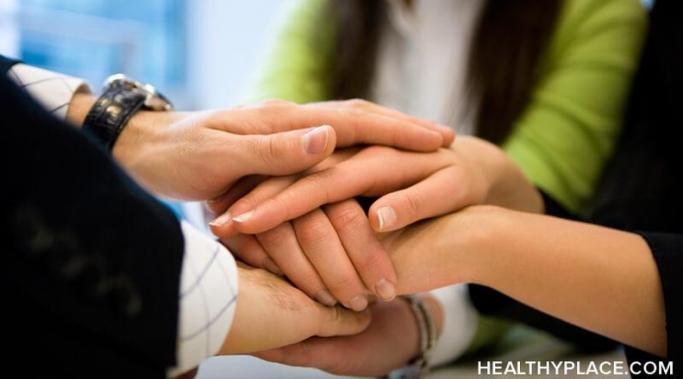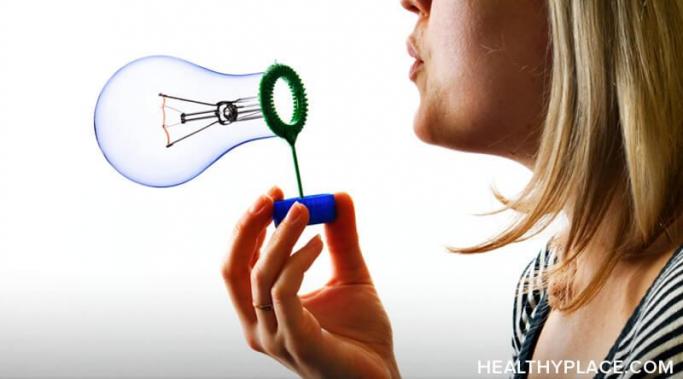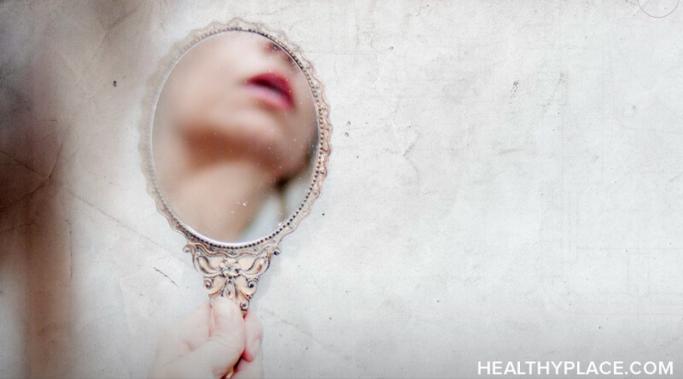There is a specific psychology to gambling addiction. Millions of people worldwide grapple with gambling addiction and its profound impact on their lives and the lives of their loved ones. Over time, many things have been explored as causes of gambling and what makes it addictive. As someone who has battled this addiction, I looked into the psychological side of things, covering everything from cognitive biases to genetics and heredity.
Recovering from Mental Illness
Accepting my attention-deficit/hyperactivity disorder (ADHD) and bipolar disorder diagnoses was difficult for me. Preconceived notions of ADHD and bipolar disorder aren't always very positive. In my recovery journey, it was helpful for me to have a name that encompassed the emotions that had been causing my suffering. Accepting my bipolar disorder and ADHD diagnoses helped me in my recovery from my mental illness.
Do you know about gambling addiction and co-occurring disorders? Gambling addiction is universally labeled a menace, but little is known of its accompanying partners that make the battle within that much more complicated. The gambling addiction recovery journey can be excruciating, but for those who have escaped the crippling grip of gambling addiction and its co-occurring disorders, the journey is worth every struggle.
One thing life guarantees is that there will be changes in recovery. As fall rolls in, I've reflected on all the changes that come with a new season (temperature, holidays, sunlight, etc.) Life is full of changes, whether environmental (like the seasons), personal, or professional. Changes are difficult for anyone but can be especially difficult for those recovering from a mental illness. So, during change, I ask myself, "What can I do to find a sense of stability and handle my anxiety?"
As a recovering gambling addict, I understand that vulnerabilities play a significant role in amplifying the allure of gambling. Addiction knows no bounds; it is not limited to age, gender, financial standing, or background. However, some are more susceptible to gambling addiction due to their vulnerabilities.
I like to practice gratitude in recovery. This is because recovering from a mental illness is difficult and often comes with dark moments. In my own journey, there have been many times when I've felt discouraged and disengaged and ultimately have asked myself, "Is recovering worth it?" Well, yes, it is worth it, but it's nice to have reminders. I've taken my gratitude practices very seriously in the last few years, and they've become essential to my recovery.
Having been through the depths of despair in my gambling addiction journey, I can confidently say that financial health is one of the most challenging areas to rebuild. The financial instability that gambling throws you into takes a lot of determination and the right strategies to overcome. My experience with debt management and regaining financial stability taught me many valuable lessons I wish to impart to others like me. Read on to learn more about rebuilding your finances after gambling addiction.
Did you know there are warning signs of a setback in mental illness recovery? This is important to know because recovering from mental illness is not linear. I've heard that often and for a good reason. It's true; recovery is far from linear. I've faced many obstacles, bumps, and slow-downs in my own journey, and often, I didn't realize that I had begun slipping until I was already in a tough spot. It's easier to catch myself slipping and then change directions than to find myself in these slumps, so I've found it helpful to identify my own warning signs of a setback in mental health recovery.
There are innovations in the treatment and prevention of gambling addiction. As a recovering gambling addict, I spend much of my time finding ways to make the journey easier and more fulfilling for myself and others. I also spend significant time looking into ways to avoid falling back into old habits. But, new gambling trends aside, I’m happy to say that technological advancement has brought new treatment and preventative strategies for gambling addicts.
Understanding the difference between self-confidence and self-worth has helped me on my mental illness recovery journey. Self-confidence is more exterior, valuing my abilities and external presentation. Self-worth is my internal view of myself and what I deserve. Learn more about mental illness and self-confidence versus self-worth below.









